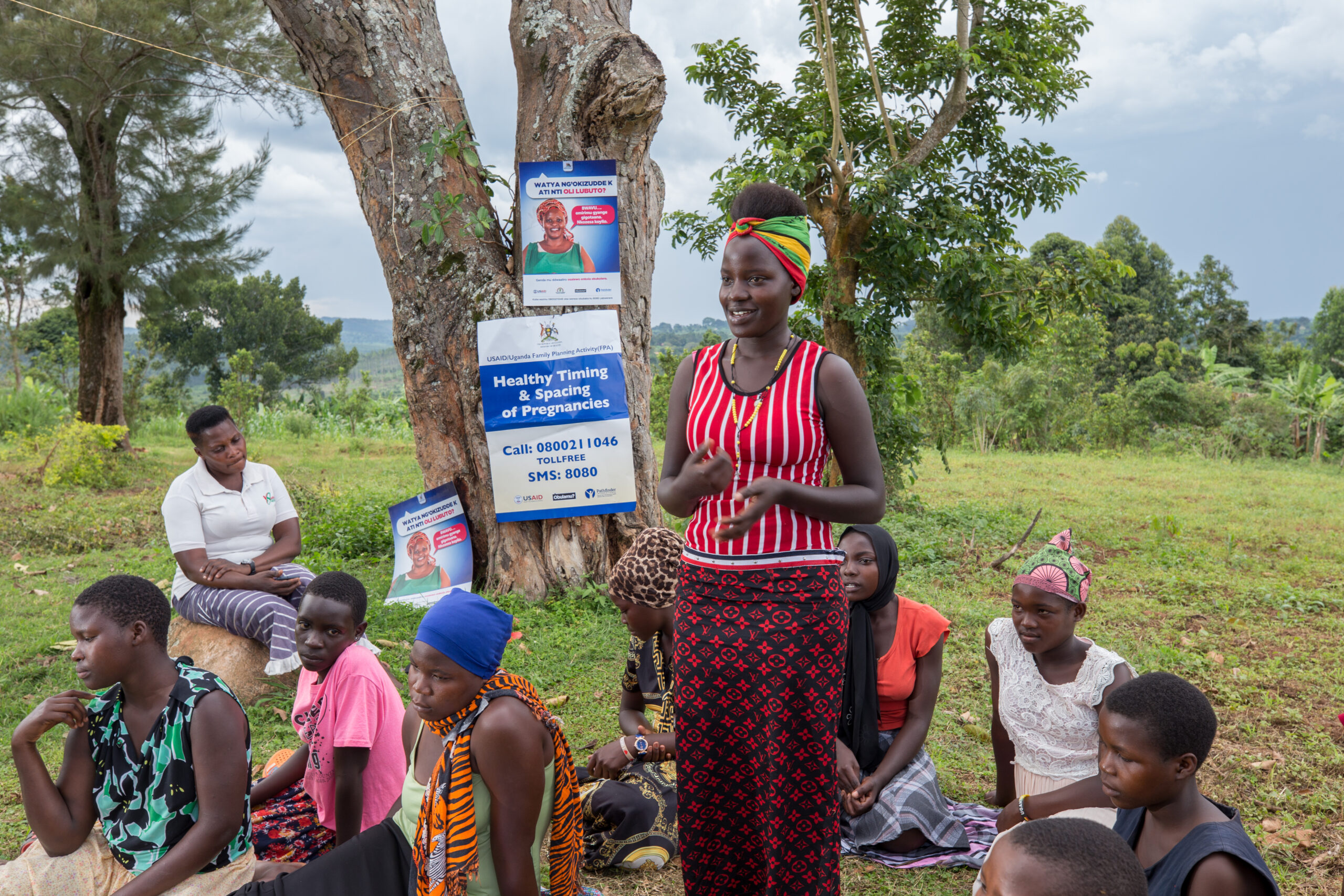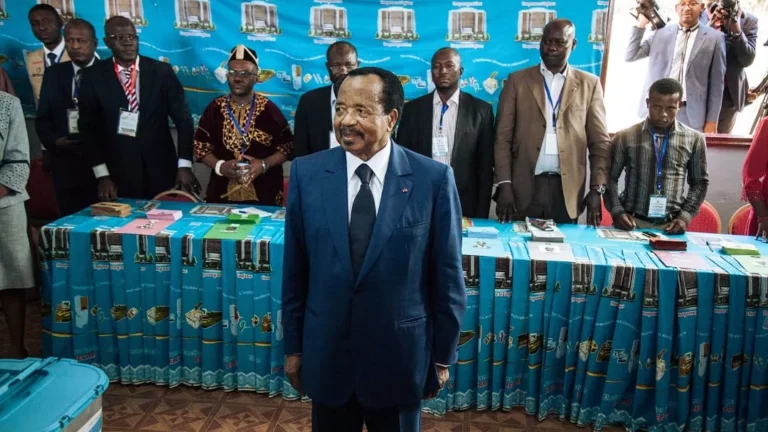
The World Health Organization (WHO), in collaboration with Uganda’s Ministry of Health and key partners, has released the Family Planning Bottleneck Analysis Report, shedding light on the obstacles hindering the expansion of evidence-based family planning services across the country.
The rapid assessment, conducted jointly by WHO, the Ministry of Health, Makerere University School of Public Health, and UNFPA, adapted the WHO global protocol to Uganda’s local context to ensure sustainable and actionable solutions.
“Ensuring access to quality family planning services is a high-impact intervention that can address unmet needs and improve coverage, a critical pillar of safe motherhood,” said Dr. Joseph Okware, Director of Health Services for Governance and Regulation at the Ministry of Health.
Uganda has made notable strides in family planning in recent years. The government’s 2020 Family Planning Costed Implementation Plan II, coupled with commitments through 2030, has prioritised equitable access to modern contraception. Between 2016 and 2022, the modern contraceptive prevalence rate among women of reproductive age increased from 27.3% to 29.8%, while unmet need for family planning fell from 28.4% to 18.5%.
Despite these advances, challenges remain.
Uganda’s total fertility rate remains high at 5.2 children per woman, and teenage pregnancies persist, with 23.5% of girls aged 15 to 19 having begun childbearing. Alarmingly, only 2% of mothers receive family planning services immediately after delivery.
The report identifies barriers including limited funding for social behaviour change communication, health system weaknesses in supply, human resources, and service delivery, as well as insufficient policy guidance to support task sharing and equitable service provision.
Recommendations include strengthening provider training and mentoring, improving contraceptive supply chains, integrating social and behaviour change indicators into the Health Management Information System (HMIS), and developing comprehensive policies to support task sharing.
“To improve family planning outcomes, we need to do things differently. This means strengthening leadership, financing, commodity management, community engagement, service delivery, and data use,” said Kira Koch, head of the Universal Health Coverage cluster at WHO Uganda.
Ms. Koch reaffirmed WHO’s commitment to supporting Uganda through technical assistance, policy review, and capacity building, aligning with the country’s goals under Universal Health Coverage, the 2030 Agenda for Family Planning, and the Sustainable Development Goals.
The Family Planning Bottleneck Analysis Report provides a roadmap for improving uptake of family planning services and scaling evidence-based practices nationwide.



